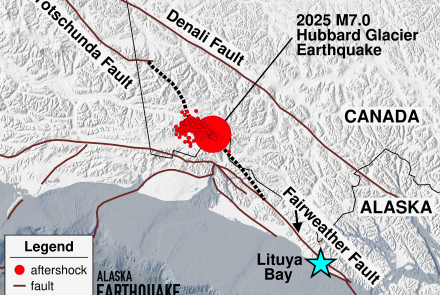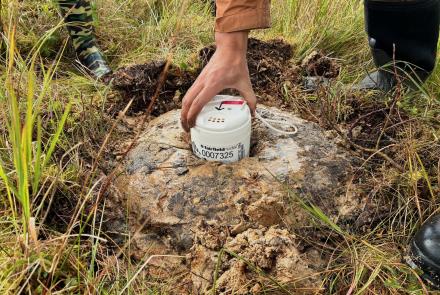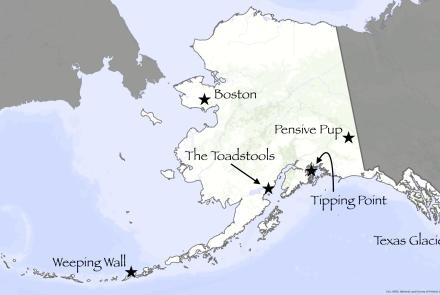Darkness on the Brain--and on the Stomach
A few articles back in this series, I tried to say something nice about our midwinter darkness by pointing out how healthy the absence of sunlight was for human skin. There was only a passing reference in that column to seasonal affective disorder, SAD for short, that afflicts some northerners during the time of long nights. I've been hearing more about it since.
Like most newspaper readers, I knew that SAD sufferers endure chronic depression, lethargy, and sleepiness throughout the winter. That sounds bad enough, but it turns out that SAD also brings a profound craving for carbohydrates. It's a dieter's nightmare.
It's also a nasty trick. Analytical-minded friends, self-help books, and even doctors are given to warning people trying to lose weight that they can't use food as a crutch to cheer themselves up. But, in SAD, that is exactly what can happen.
It also works with other cyclic mood disorders. Women who suffer from premenstrual syndrome tend to snack more, usually on sweet and starchy foods, in the days just before they menstruate. People who suffer from one kind of obesity overeat and snack excessively usually late in the day, then eating virtually only high-carbohydrate foods; in fact, their ailment is known as carbohydrate-craving obesity.
In all these problems, the carbohydrates do make people feel better. Brain chemistry is the culprit, as the brain interacts with natural chemicals present in our systems.
Serotonin is a neurotransmitter--that is, a substance that serves as a chemical messenger for brain and nerve cells. Among its other duties in the body is the regulation of the appetite for carbohydrate-rich foods. Melatonin is a hormone, and--among many other functions--it affects mood and the subjective sense of how much energy one has. How these biochemicals operate seems to be tightly linked to the earth's daily light-dark cycles.
Melatonin's functioning is still not perfectly understood. An otherwise normal person given an injection of melatonin will grow sleepy; a depressed person swallowing a pill with melatonin will become more depressed.
It is known that exposure to bright light can alter the extent and timing of melatonin production in humans and other animals. Studies of people with SAD have established that exposure to two hours of full-spectrum bright light (about five times brighter than a well-lit office) every morning cures both the symptoms of depression and the yen to overeat in about half the cases. This amount of light is still only about a quarter of the illumination available outside on a cloudy summer day. The connection is circumstantial, but researchers don't think it's coincidental. Melatonin production is connected to both light and SAD--somehow.
Serotonin's effect on carbohydrate craving is a bit clearer. This biochemical is synthesized in the brain from another chemical, trytophan. Put extremely simply, the more carbohydrates you eat, the more trytophan can get to the brain and the more serotonin will be made there. In normal human systems, a neurochemical feedback quickly signals that there's enough serotonin for now--one cookie may suffice. With carbohydrate craving, you may be a dozen cookies along before the signal turns off the urge to consume.
Serotonin also affects mood and sleepiness. Typically, a high-carbohydrate lunch leads to a sluggish afternoon for office workers--unless they are carbohydrate cravers. Then the effect may be almost invigorating and cheering. Furthermore, trials in SAD patients of a drug that stimulates serotonin production showed that it eased their symptoms of depression and urge to snack on high-carbohydrate foods.
So there are twin chemical culprits in these cyclic mood disorders, but no one knows how they work together. As scientists are fond of saying, studies are continuing. For most of us, to whom winter brings no truly severe malady but only lower-case sad and a few extra pounds, the research to date may offer at least a few hints for improving our lot. Turn up the lights, and get outside by day as much as you can. When you hear the call of the wild pizza at midnight, reach for popcorn instead (no butter, please). It's carbohydrates your brain is craving--the fats you can do without.




